How long does plastic "live" for?
Plastic pollution is any plastic that ends up in the environment – from bottles and bags to less obvious sources like teabags and clothes.
In the past 100 years humans have produced (and used) a lot of plastic. It's cheap, strong, light and versatile, but all of it eventually ends up in the ground, in the air, and in the sea – which is where marine animals like albatross, dolphins and turtles ingest it.
Our plastic waste has invaded the highest mountains and deepest oceans. No one knows exactly how long it will take to disappear, but it's at least hundreds of years.

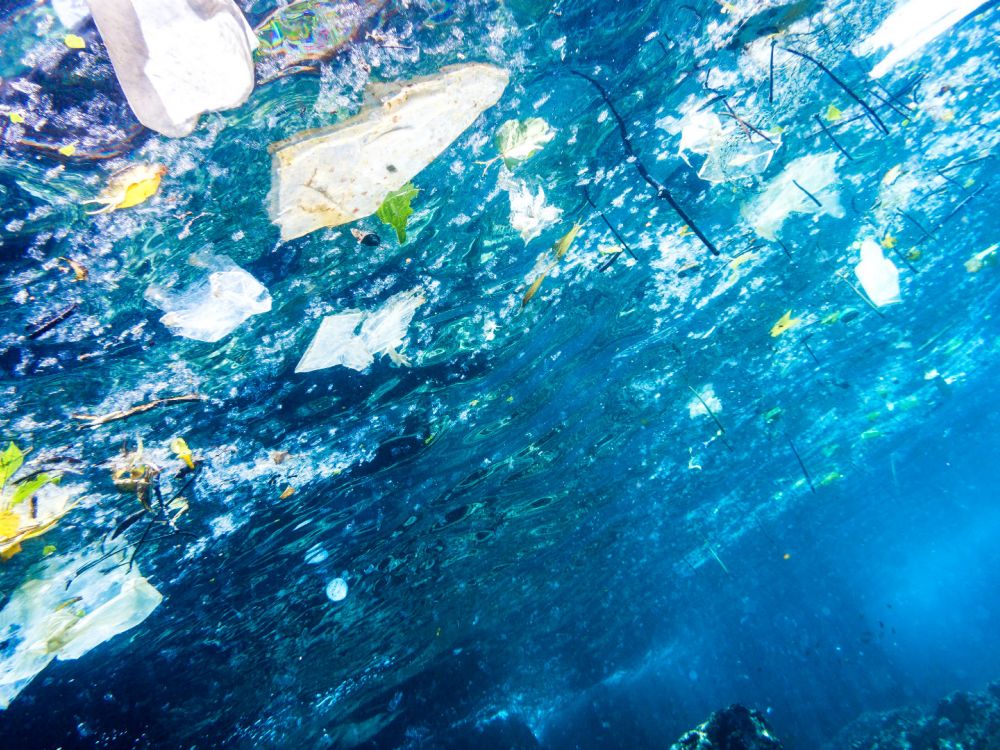
How does plastic harm the environment?

Stop big business from trashing the planet
Demand a new UK law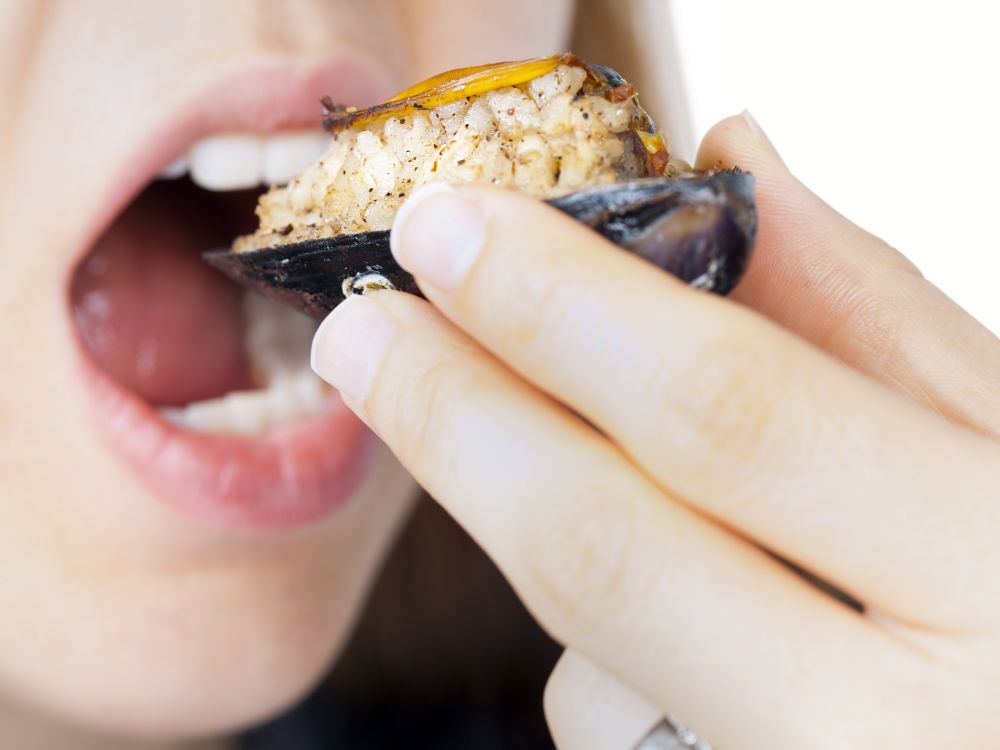
Plastic in the food chain

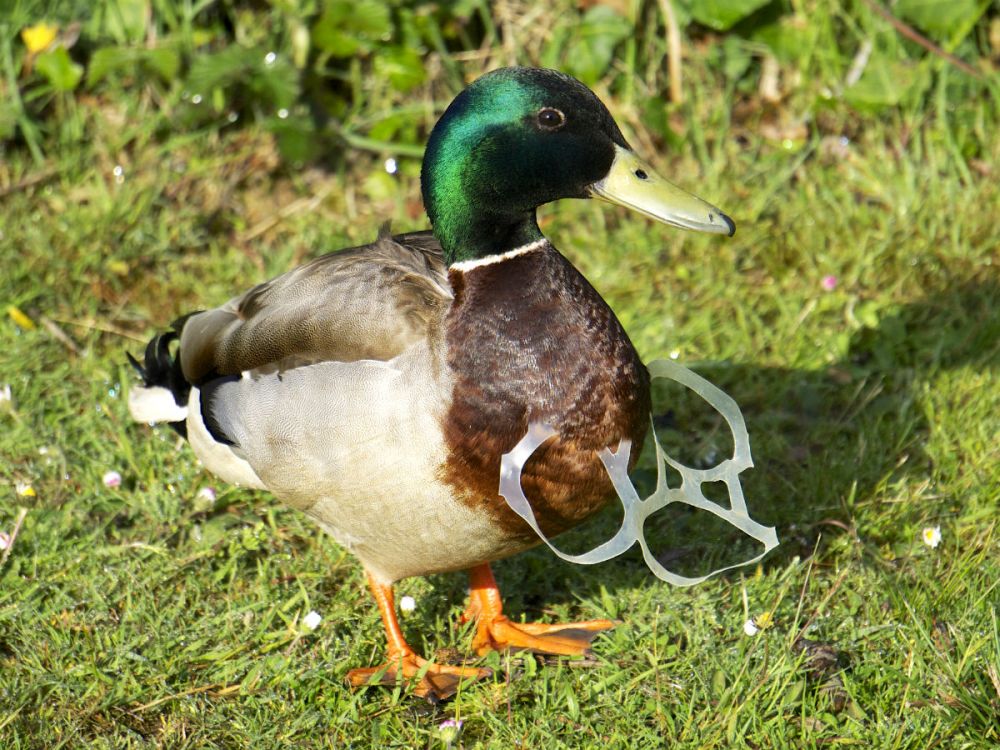
What is Friends of the Earth doing?

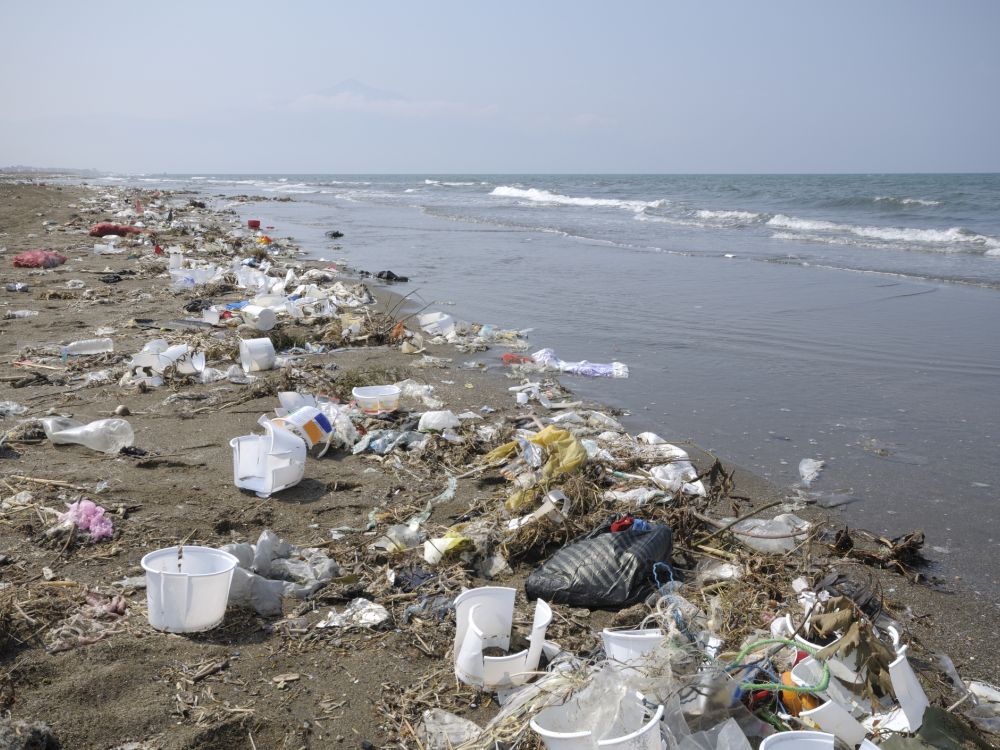
How much plastic is in the ocean?

Stop big business from trashing the planet
Demand a new UK law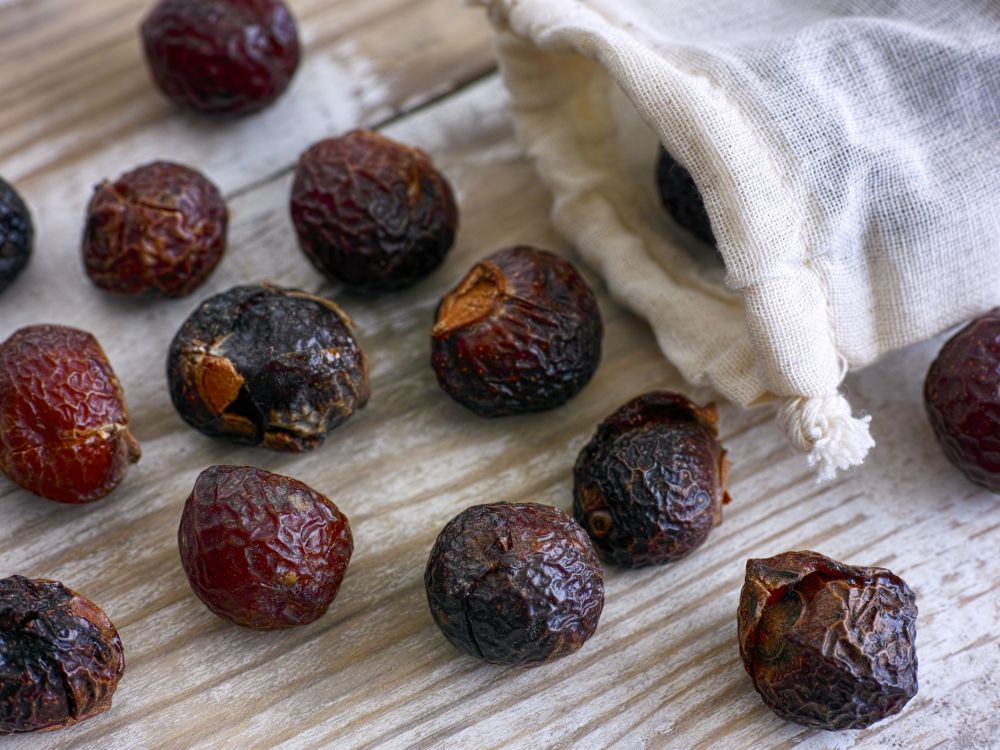
What is the best alternative to plastic?




